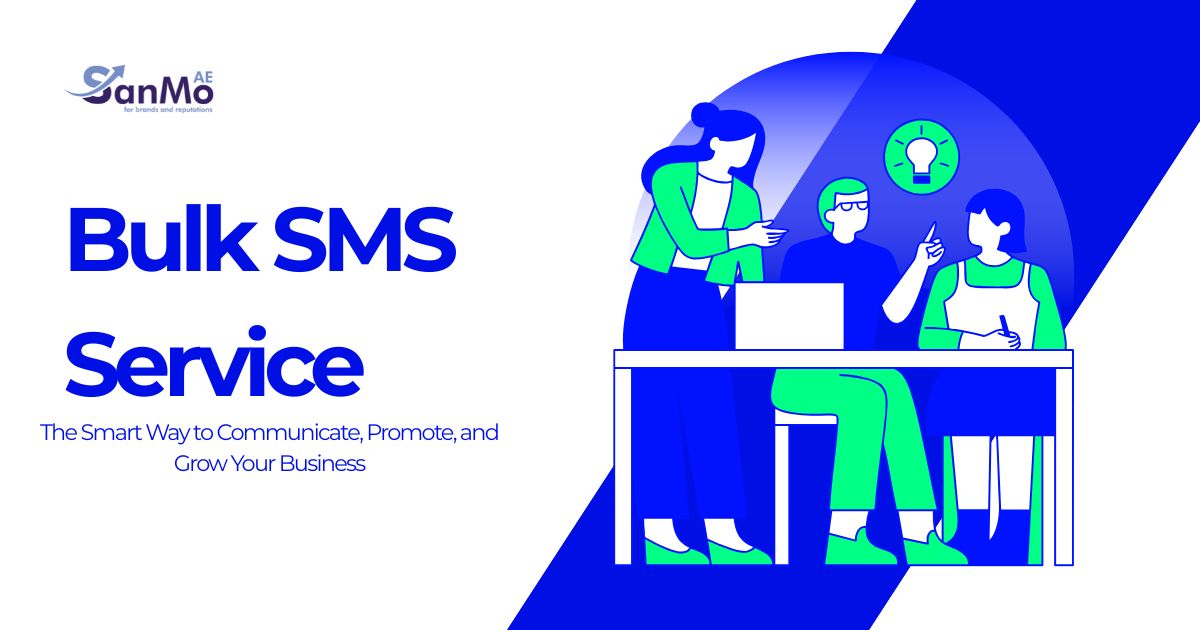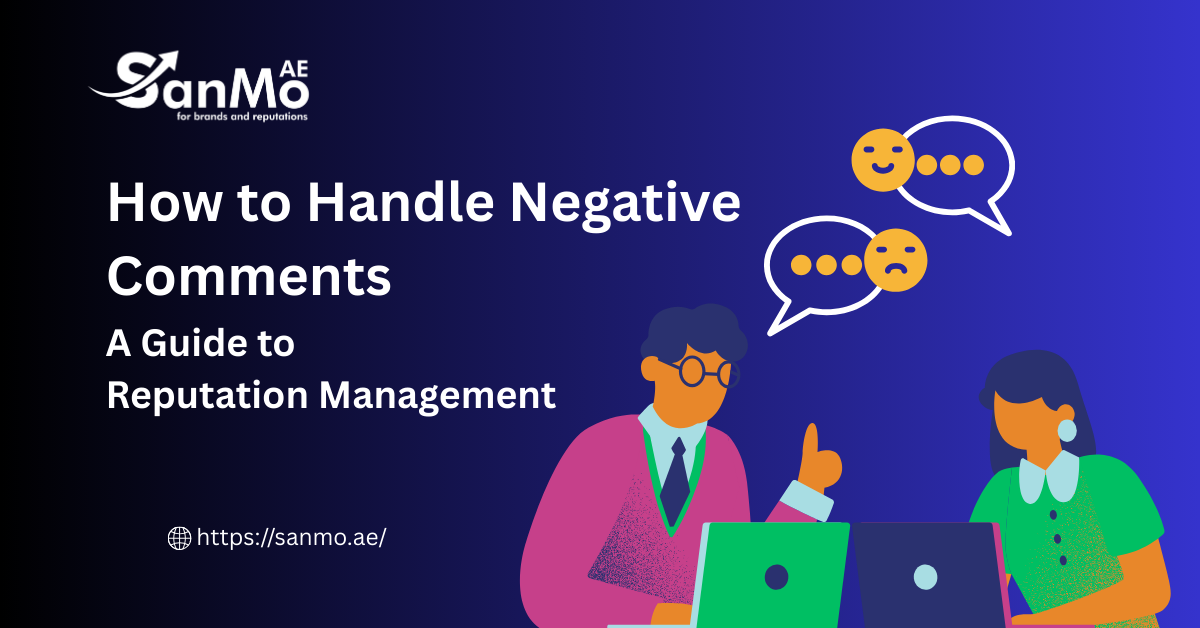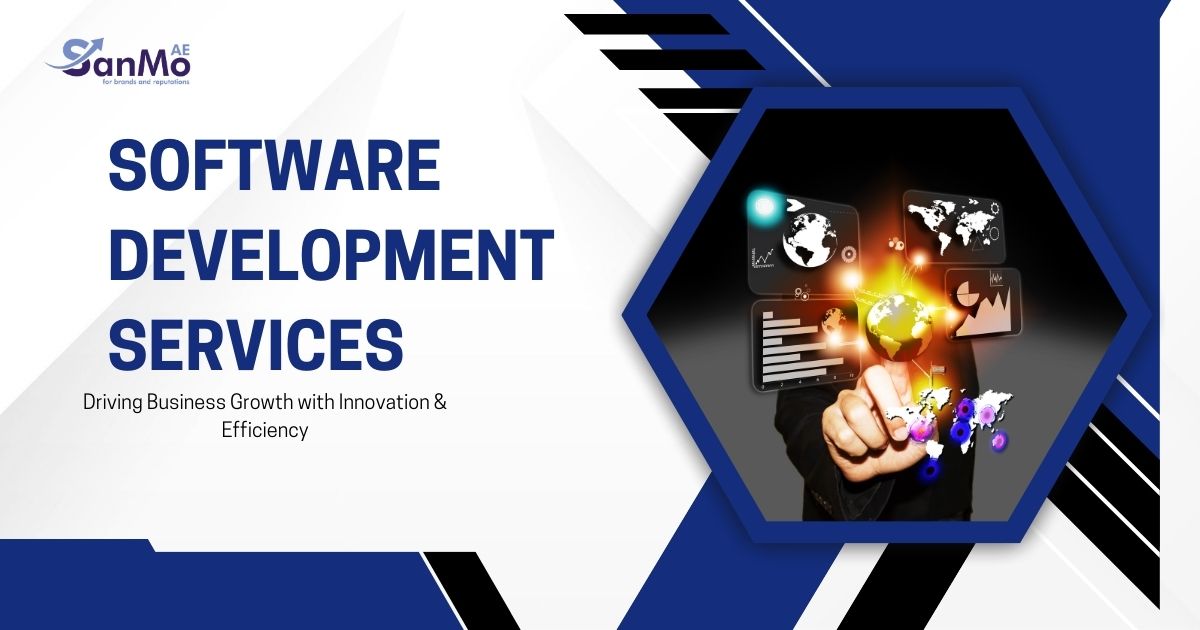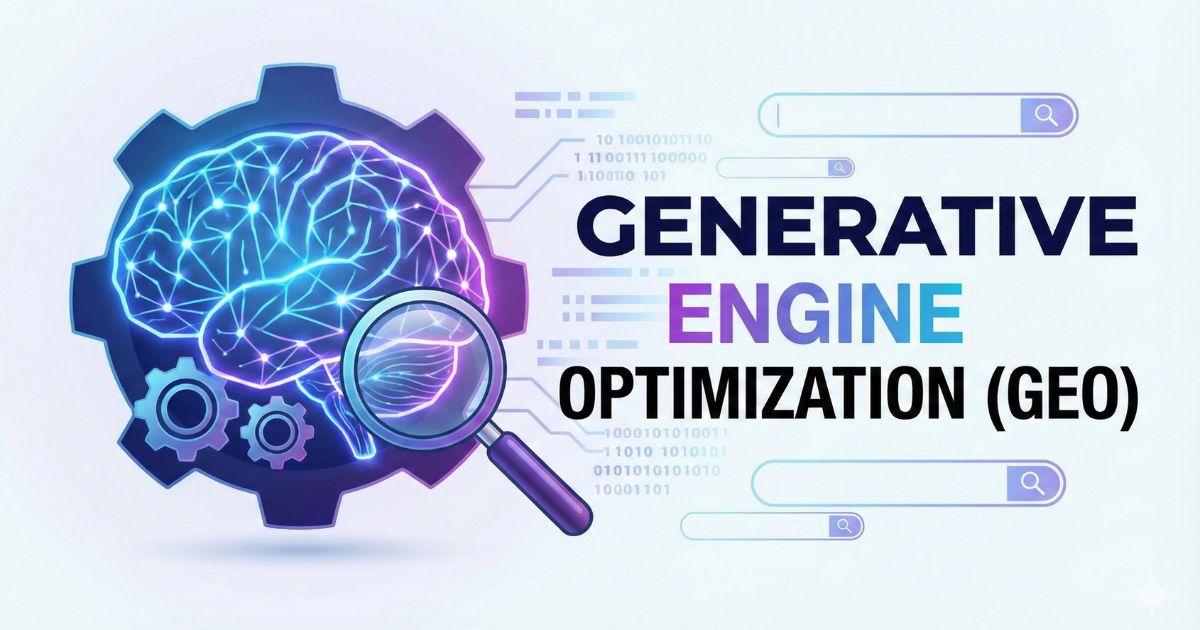Text messaging has become one of the most effective ways to reach customers directly. While email open rates hover around 20%, SMS messages achieve an impressive 98% open rate within minutes of delivery. This dramatic difference has led businesses across industries to embrace bulk SMS service as a cornerstone of their communication strategy.
A bulk SMS service allows organizations to send large volumes of text messages to multiple recipients simultaneously. Unlike individual texting, these platforms enable businesses to manage campaigns, segment audiences, and track performance metrics with professional-grade tools. The technology has evolved far beyond simple promotional messages to encompass customer service, appointment reminders, security alerts, and internal communications.
The shift toward mobile-first communication has made bulk SMS service essential for businesses seeking immediate customer engagement. As consumers increasingly prefer quick, direct messages over lengthy emails or phone calls, companies that master SMS communication gain a significant competitive advantage in reaching their target audience effectively.
Understanding Bulk SMS Service Technology
Modern bulk SMS service platforms operate through Application Programming Interfaces (APIs) that connect with telecommunications networks worldwide. These systems can process thousands of messages per second, ensuring rapid delivery even during peak usage periods. The technology supports various message types, including standard SMS, multimedia messages (MMS), and two-way messaging capabilities.
Most platforms offer web-based dashboards where users can upload contact lists, compose messages, and schedule campaigns. Advanced features include message personalization, automatic replies, and integration with customer relationship management (CRM) systems. The infrastructure behind these services includes redundant servers, carrier relationships, and compliance monitoring to ensure reliable message delivery.
Cloud-based bulk SMS service solutions have democratized access to enterprise-level messaging capabilities. Small businesses can now leverage the same technology that large corporations use, paying only for messages sent rather than investing in expensive hardware or software licenses.
Key Benefits for Business Operations
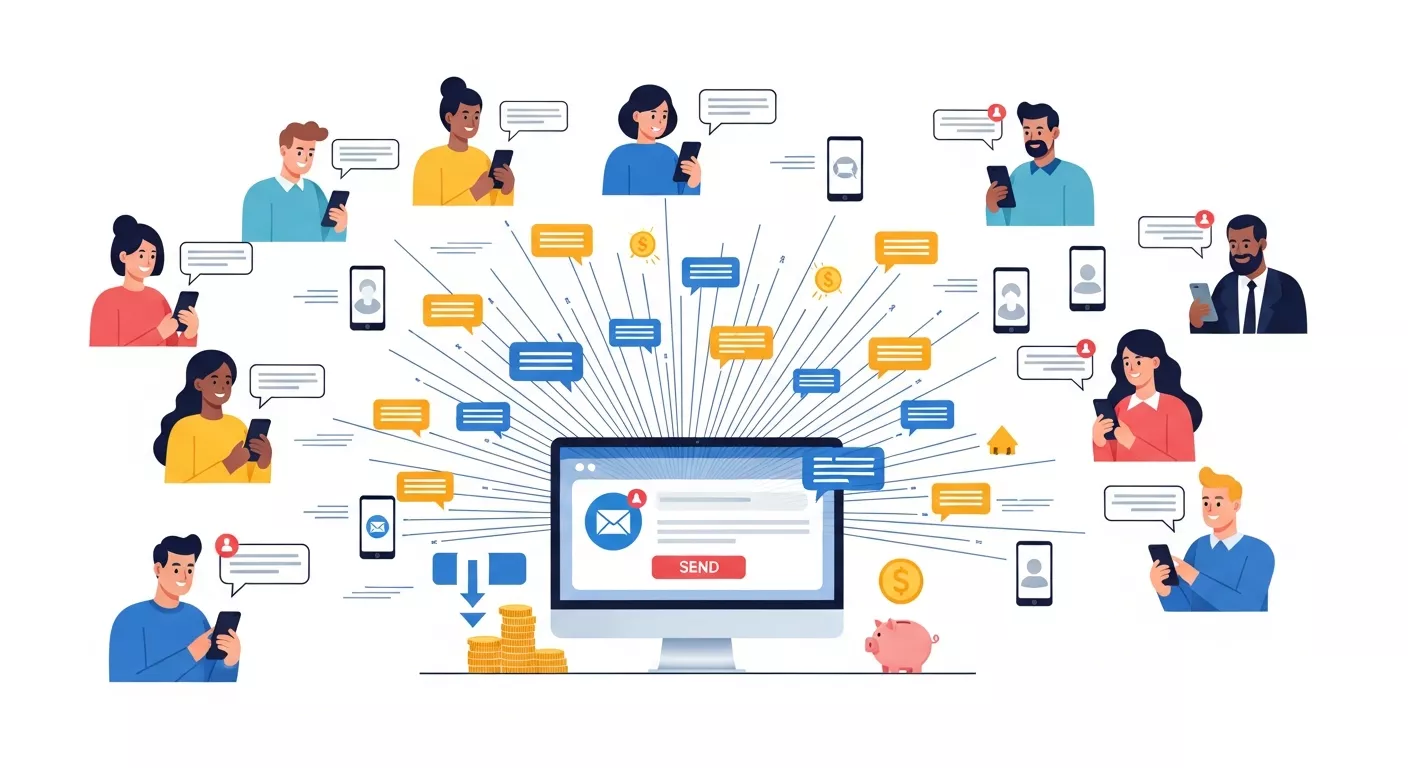
The immediate delivery nature of bulk SMS service provides businesses with unparalleled reach to their customer base. Messages typically arrive within seconds, making SMS ideal for time-sensitive communications like flash sales, event notifications, or emergency alerts. This speed advantage becomes crucial when businesses need to communicate rapidly changing information or capitalize on brief market opportunities.
Cost efficiency represents another significant advantage of bulk SMS service. Traditional marketing channels like print advertising, radio spots, or direct mail involve substantial upfront costs and uncertain returns. SMS campaigns cost pennies per message while delivering measurable engagement rates that far exceed most other communication methods.
The personalization capabilities of modern bulk SMS service platforms enable businesses to create targeted messaging that resonates with specific customer segments. By incorporating customer names, purchase history, or location data, companies can craft messages that feel personal rather than generic, leading to higher response rates and improved customer relationships.
Strategic Applications Across Industries
Retail businesses leverage bulk SMS service to announce sales, share exclusive discount codes, and notify customers about new product arrivals. The immediacy of SMS helps drive foot traffic during specific time windows, making it particularly effective for flash sales or limited-time offers. Many retailers report that SMS-driven campaigns generate higher conversion rates than email promotions.
Healthcare organizations use bulk SMS service for appointment reminders, medication alerts, and preventive care notifications. This application significantly reduces no-show rates while improving patient compliance with treatment plans. The secure nature of modern SMS platforms ensures that sensitive health information remains protected during transmission.
Educational institutions employ bulk SMS service to communicate with students and parents about school closures, event announcements, and emergency situations. The universal nature of SMS ensures that important information reaches all stakeholders regardless of their internet connectivity or email habits.
Financial services companies utilize bulk SMS service for account notifications, fraud alerts, and payment reminders. The security features built into professional SMS platforms make them suitable for transmitting sensitive financial information while maintaining regulatory compliance.
Technical Considerations and Best Practices
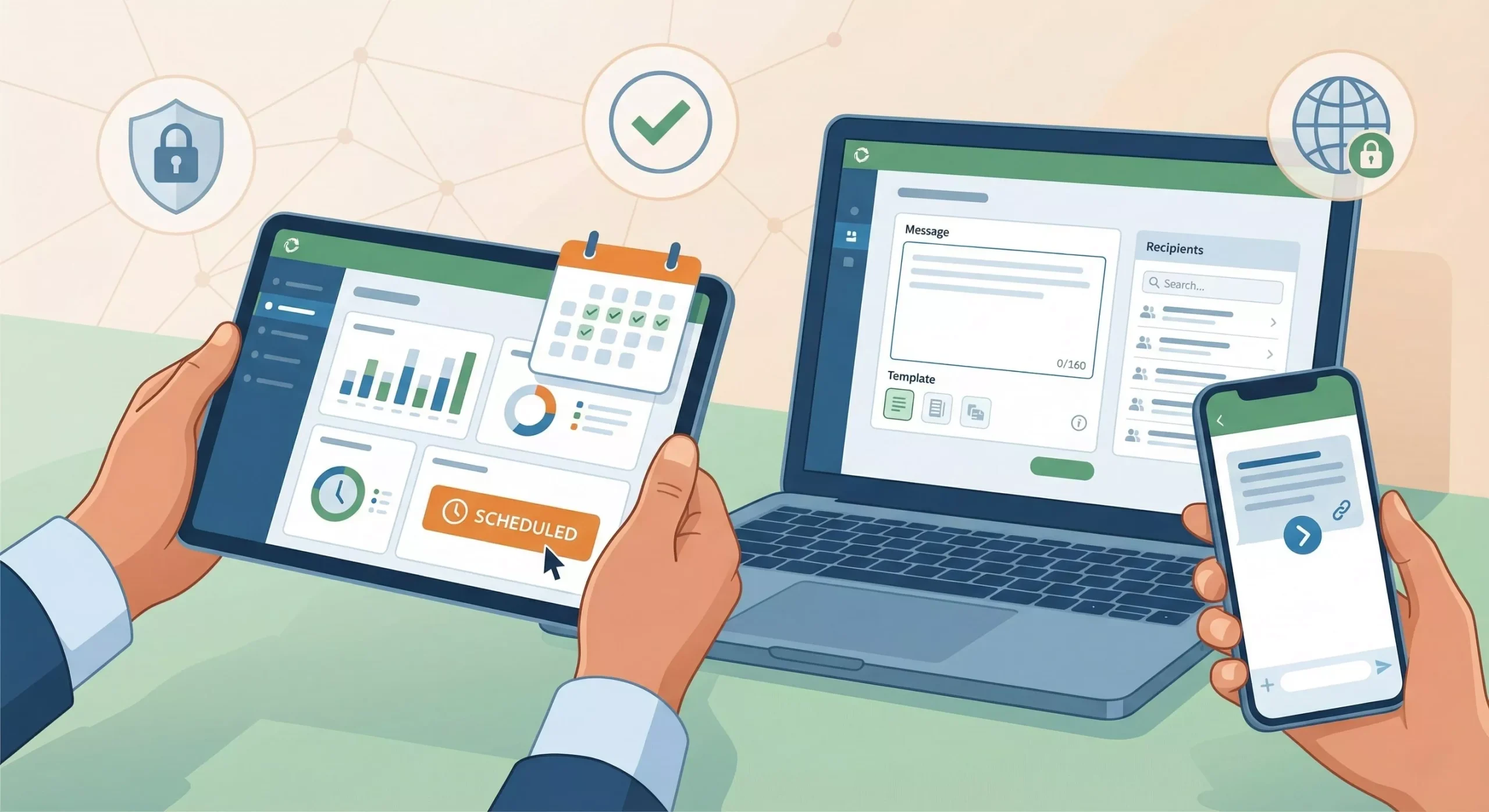
Successful bulk SMS service implementation requires careful attention to message timing and frequency. Sending messages during appropriate hours respects recipient preferences and complies with telecommunications regulations. Most businesses find that messages sent between 9 AM and 8 PM on weekdays generate the best response rates.
Message content must be concise and actionable due to SMS character limits. Effective messages include clear calls-to-action, relevant information, and easy opt-out instructions. Professional bulk SMS service platforms provide message templates and character counters to help users create compelling content within technical constraints.
Compliance with regulations like the Telephone Consumer Protection Act (TCPA) and General Data Protection Regulation (GDPR) is essential when using a bulk SMS service. Proper consent management, clear opt-out mechanisms, and accurate record-keeping protect businesses from legal issues while maintaining customer trust.
Measuring Success and ROI
Analytics capabilities in bulk SMS service platforms provide detailed insights into campaign performance. Delivery rates, open rates, click-through rates, and conversion metrics help businesses understand which messages resonate with their audience. These data points enable continuous optimization of messaging strategies.
Return on investment calculations for bulk SMS service typically show impressive results due to low costs and high engagement rates. Many businesses report that SMS campaigns generate significantly more revenue per dollar spent compared to traditional marketing channels.
A/B testing features in professional bulk SMS service platforms allow businesses to experiment with different message formats, timing, and content approaches. This systematic testing leads to improved campaign performance and a better understanding of customer preferences.
Integration with Existing Business Systems
Modern bulk SMS service platforms offer extensive integration capabilities with popular business software. Customer relationship management systems, e-commerce platforms, and marketing automation tools can trigger SMS messages based on specific customer actions or data changes.
API integrations enable developers to embed SMS functionality directly into custom applications. This seamless integration allows businesses to create sophisticated communication workflows that combine SMS with other channels for comprehensive customer engagement strategies.
Webhook functionality in bulk SMS service platforms enables real-time data synchronization between messaging systems and other business applications. This connectivity ensures that customer communication remains consistent across all touchpoints.
Future Trends in SMS Communication

Artificial intelligence integration is transforming bulk SMS service capabilities. Smart scheduling algorithms optimize send times based on recipient behavior patterns, while natural language processing helps create more engaging message content. These AI-powered features improve campaign performance without requiring additional manual effort.
Rich Communication Services (RCS) represents the evolution of traditional SMS technology. This enhanced messaging format supports images, buttons, and interactive elements while maintaining the immediacy and universal reach of text messaging. As RCS adoption grows, bulk SMS service platforms are adding support for these advanced message types.
Two-way conversational SMS is becoming increasingly important as customers expect interactive communication experiences. Modern bulk SMS service platforms support automated responses, chatbot integration, and human agent handoffs to create seamless conversation flows.
Maximizing Your SMS Communication Strategy
Success with bulk SMS service requires a strategic approach that considers customer preferences, regulatory requirements, and business objectives. Start with clear goals for each campaign, whether driving sales, improving customer service, or increasing engagement. Well-defined objectives make it easier to measure success and optimize future messaging efforts.
Building and maintaining quality contact lists forms the foundation of effective bulk SMS service campaigns. Focus on organic list growth through opt-in forms, customer interactions, and value-driven incentives rather than purchasing contact lists. Engaged subscribers generate better results and reduce compliance risks.
Regular analysis of campaign performance data helps refine messaging strategies over time. Pay attention to delivery rates, response patterns, and customer feedback to identify opportunities for improvement. The most successful bulk SMS service users continuously test and optimize their approaches based on real performance data.
Personalisation and Customer Engagement Strategies
While bulk SMS ensures rapid delivery and high open rates, the real impact comes from personalised, relevant messaging that resonates with your audience. Modern bulk SMS service platforms offer advanced segmentation and targeting tools, allowing businesses to tailor messages based on demographics, purchase history, location, and behaviour.
Segmentation for Targeted Campaigns
Effective segmentation divides your audience into meaningful groups, ensuring each message feels customised rather than generic. For example, retailers can send product recommendations based on past purchases, while service providers can target reminders only to active clients. This approach increases engagement, click-through rates, and conversions while reducing opt-outs.
Dynamic Content and Personalisation
Advanced bulk SMS platforms allow dynamic content insertion, such as customer names, appointment details, loyalty points, or exclusive offers. Personalised messages create a sense of individual attention, strengthening customer relationships and brand loyalty. Even small touches, like including the recipient’s first name or referencing a recent interaction, can dramatically improve response rates.
Interactive SMS Campaigns
Two-way messaging enhances engagement by allowing recipients to respond, confirm appointments, or participate in polls. Integrating chatbots or automated responses makes interactions seamless and efficient. Interactive campaigns encourage direct engagement, providing valuable insights into customer preferences and behaviours.
Timing and Frequency Optimisation
Personalised campaigns are most effective when sent at the right time. Advanced platforms can analyse past interactions to determine optimal send times for each segment, improving open rates and conversions. Balancing frequency is also essential: too many messages can annoy customers, while too few may reduce brand recall.
Loyalty and Reward Programmes via SMS
Bulk SMS can also strengthen customer loyalty through targeted rewards, exclusive offers, and VIP communications. Informing customers about points, special discounts, or early access to products through personalised SMS drives repeat purchases and fosters long-term engagement.
By combining personalisation, segmentation, interactivity, and well-timed messaging, businesses can transform their bulk SMS campaigns from simple notifications into powerful tools for customer retention, engagement, and growth.
Conclusion
Bulk SMS service has transformed business communication by providing instant, direct, and highly engaging messaging. From rapid customer notifications to personalised campaigns, businesses of all sizes can leverage this technology to drive sales, improve customer service, and strengthen brand loyalty.
By understanding the technology, integrating SMS with existing systems, following compliance guidelines, and focusing on personalisation and engagement, organisations can maximise the return on their messaging efforts.
As the landscape evolves with AI, Rich Communication Services (RCS), and interactive messaging, businesses that adopt these strategies now will maintain a competitive edge in reaching and retaining customers.
Investing in a well-planned bulk SMS strategy is no longer optional—it’s essential for companies looking to connect meaningfully with their audience in a fast-paced, mobile-first world.
Take Your Business Communication to the Next Level
Ready to transform how you connect with customers? With SanMo AE’s professional bulk SMS services, you can send timely, personalised messages that drive engagement, boost sales, and strengthen customer loyalty.
From seamless integration with your existing systems to advanced analytics and compliance management, SanMo UK provides end-to-end solutions that make your SMS campaigns efficient, impactful, and measurable.
Don’t wait—reach your audience where it matters most. Contact SanMo AE today and start maximising the power of bulk SMS for your business.
Frequently Asked Questions (FAQs)
1. What is a bulk SMS service?
A bulk SMS service allows businesses to send large volumes of text messages to multiple recipients simultaneously. It is used for promotions, notifications, reminders, alerts, and customer engagement campaigns.
2. How is bulk SMS different from regular SMS?
Unlike individual messaging, bulk SMS platforms enable scheduling, personalisation, segmentation, analytics, and two-way communication, making it scalable and trackable for businesses.
3. Which industries benefit most from bulk SMS?
Retail, healthcare, education, finance, hospitality, and e-commerce industries see significant benefits due to the immediacy, high open rates, and personalisation capabilities of SMS campaigns.
4. How can I personalise bulk SMS messages?
You can personalise messages using recipient names, purchase history, location data, or interaction history. Modern platforms allow dynamic content insertion to make messages feel individually tailored.
5. Is bulk SMS secure for sensitive information?
Yes, professional platforms comply with security standards and regulations like GDPR, ensuring sensitive customer data is protected during transmission.
6. How do I measure the success of a bulk SMS campaign?
Metrics such as delivery rates, open rates, click-through rates, response rates, and conversions help measure performance. Advanced platforms also offer A/B testing and analytics for continuous optimisation.
7. Can bulk SMS integrate with other business systems?
Absolutely. Bulk SMS platforms can integrate with CRM systems, e-commerce platforms, marketing automation tools, and custom applications via APIs and webhooks for automated messaging workflows.
8. What are the best practices for sending bulk SMS in the UK?
- Obtain proper consent from recipients
- Include opt-out instructions
- Send messages during reasonable hours (typically 9 AM – 8 PM)
- Keep messages concise, actionable, and relevant
9. How does AI enhance bulk SMS campaigns?
AI optimises send times, personalises messages, predicts engagement patterns, and can even assist in creating content. It allows smarter, data-driven decision-making for more effective campaigns.
10. Why should businesses invest in bulk SMS now?
With high open rates, immediate delivery, low costs, and opportunities for personalisation, bulk SMS remains one of the most effective channels to reach customers directly. Adopting it now ensures competitive advantage and stronger customer engagement.

